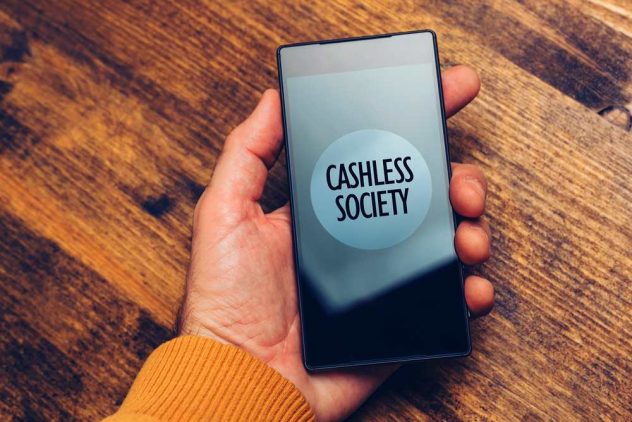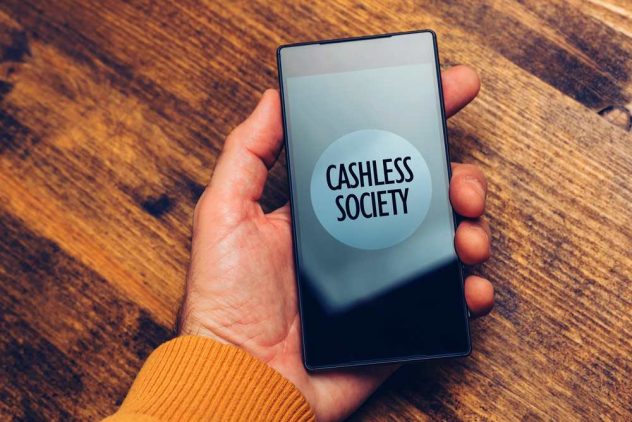
The days of the cash transaction were numbered even before 2020 arrived, and COVID-19 changed the way we all live our lives in previously unfathomable ways. Among the more interesting developments concerns whether we will see cash disappear from the consumer’s purse or wallet.
Back in March, the WHO were widely reported as suggesting that banknotes can act as a transmission medium for the coronavirus opening an argument for a cashless society. While the organisation has since pushed back on this claim, the impression has stuck with the public. Hand over a banknote, and you’ll need to touch a surface that was only recently touched by someone else. Is that so different from a shake of the hand?
 When it comes to cultural changes to a cashless society, it’s perception that matters more than the biological reality. If people are afraid of cash transactions, then they will prefer contactless ones. Whether those fears are justified doesn’t matter all that much.
When it comes to cultural changes to a cashless society, it’s perception that matters more than the biological reality. If people are afraid of cash transactions, then they will prefer contactless ones. Whether those fears are justified doesn’t matter all that much.
What might replace cash?
In the UK and Europe, we tend to prefer hovering a debit card over a wireless receiver in order to securely make payments up to a certain small amount. In the wake of the pandemic, the limits for such technologies were lifted, because the balance of risk had been altered.
Other digital platforms, like the phone-based payment services from Apple, Samsung and Google, are less popular – though given their popularity with younger people, it may be that they rise to prominence over the coming years. Of course, for the majority of us who prefer to simple brandish a card, there may be little incentive to make the switch to using a phone instead.
What are the advantages of going cashless?
There are several major advantages to dispensing with cash payments. Transactions can be conducted more quickly. Businesses which don’t carry cash (or carry less of it) are less vulnerable to robbery. The elimination of high-denomination notes, like £50s and $100s, makes money difficult for criminal gangs to launder. What’s more, retailers will be have access to far more accurate data about consumer spending habits – which, depending on your attitude toward privacy, might be judged as more of a drawback than a plus-point.
What are the disadvantages?
Until the entire country accepts card payments, there will always be reason to carry a note or two. But going cashless isn’t just a matter of convenience. Those at the bottom of society are more cash-dependent than those at the top. For those in insecure work, direct debits can potentially be dangerous, and thus cash makes budgeting easier (and less anxiety-inducing). If we want to make the switch without worsening things for the most vulnerable in our society, these are concerns that will need to be grappled with.
















